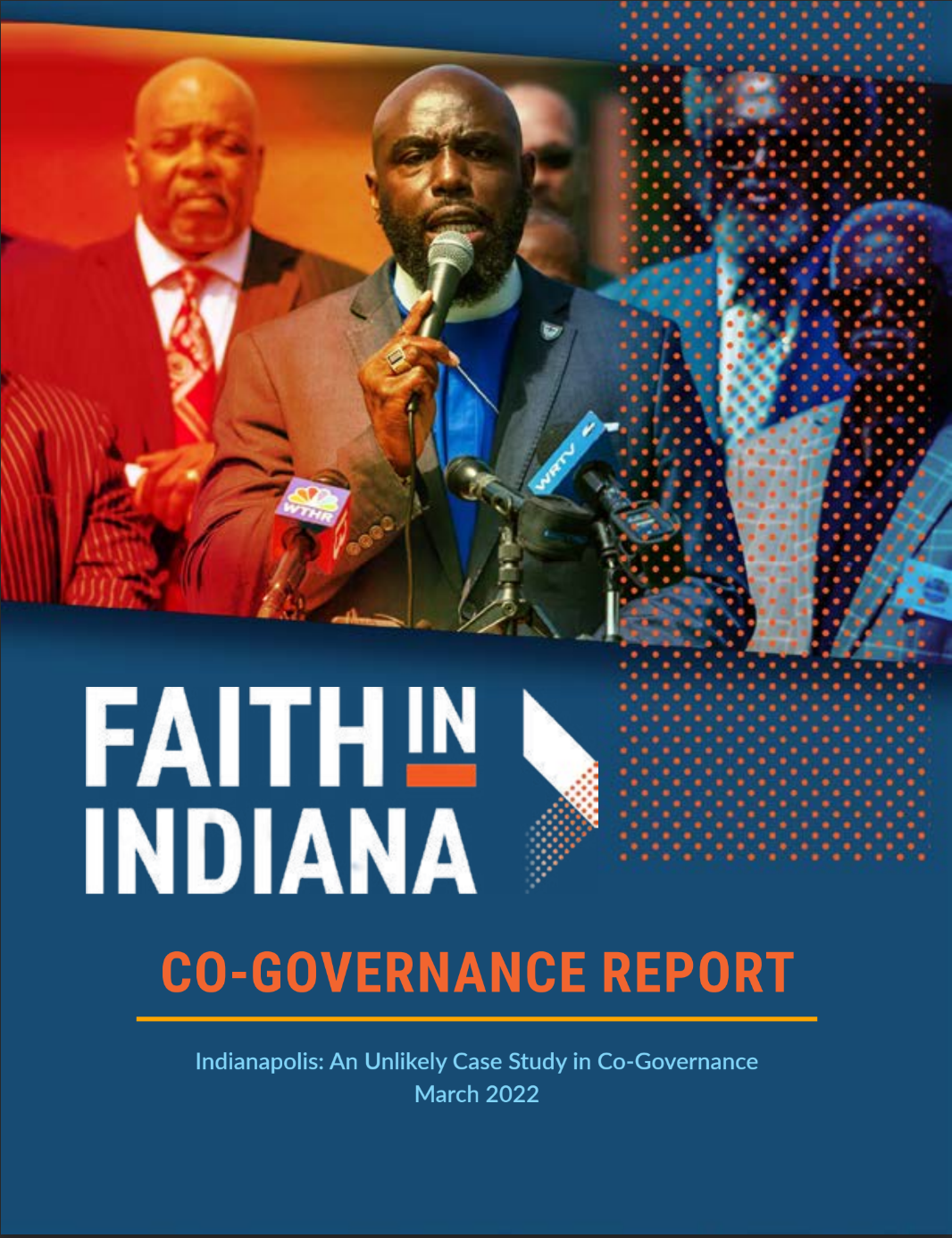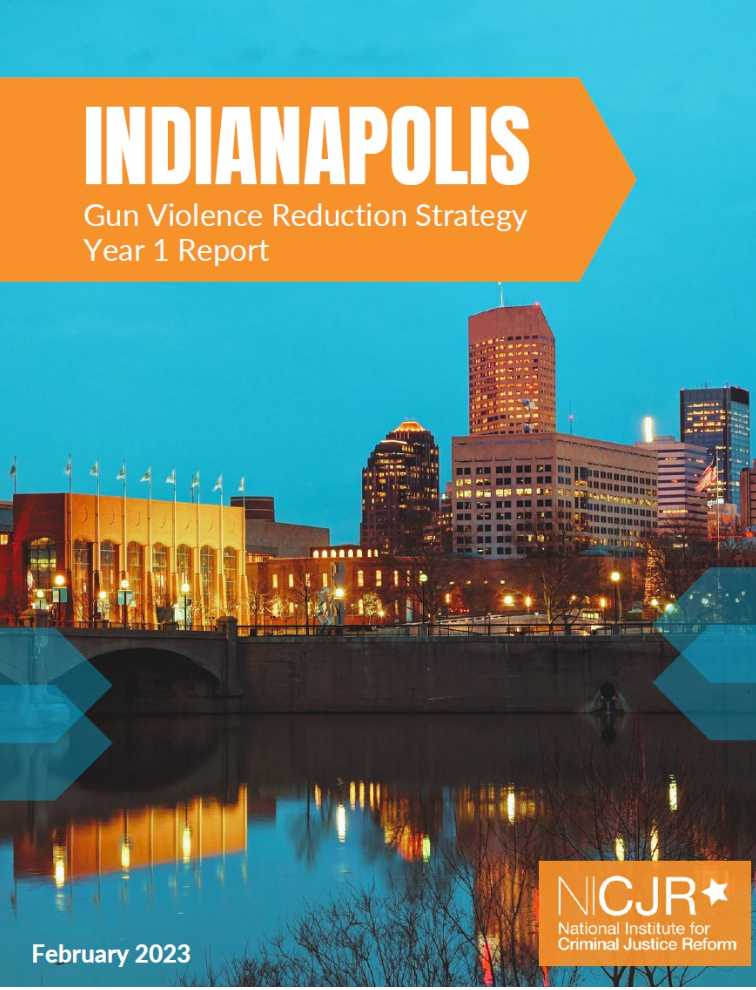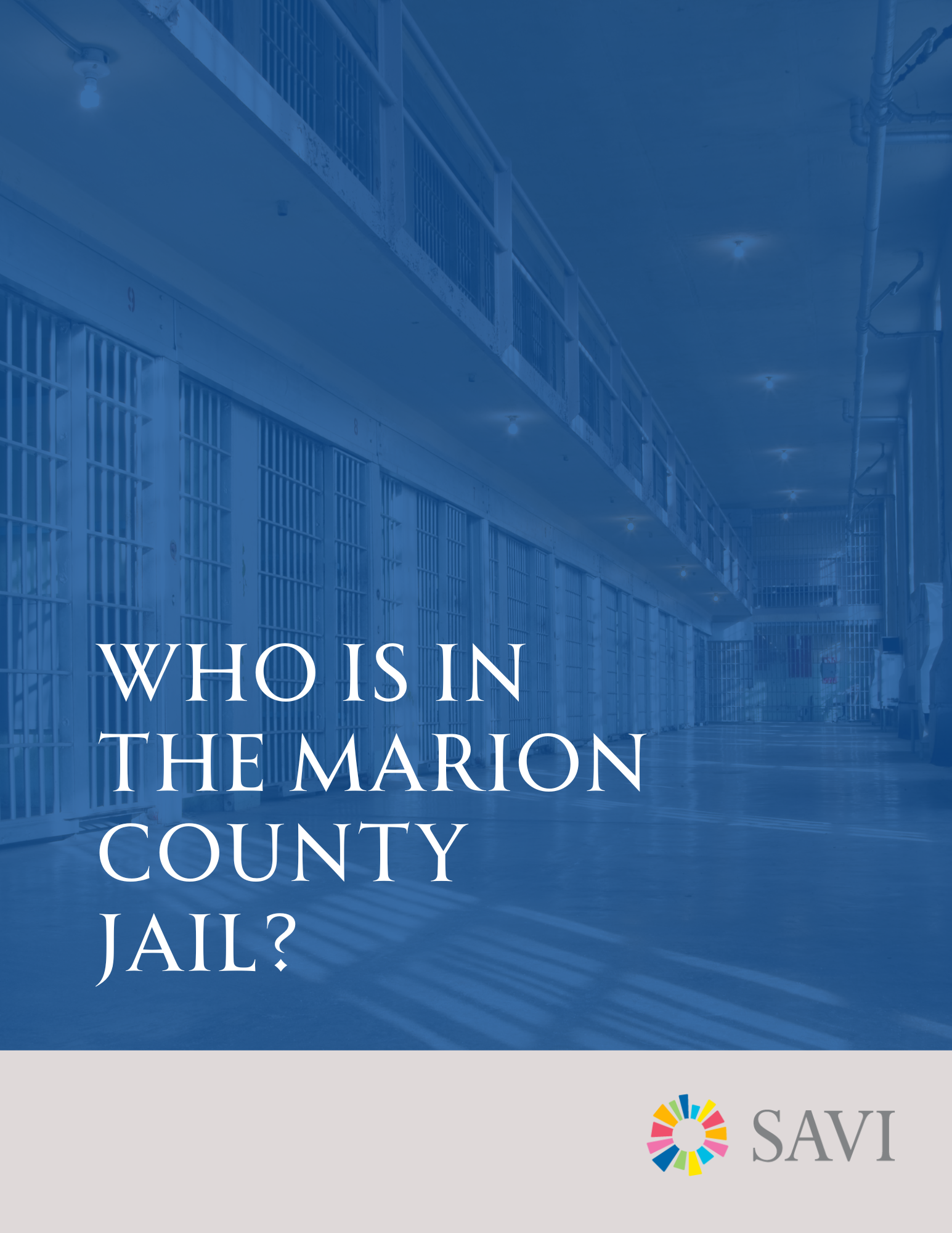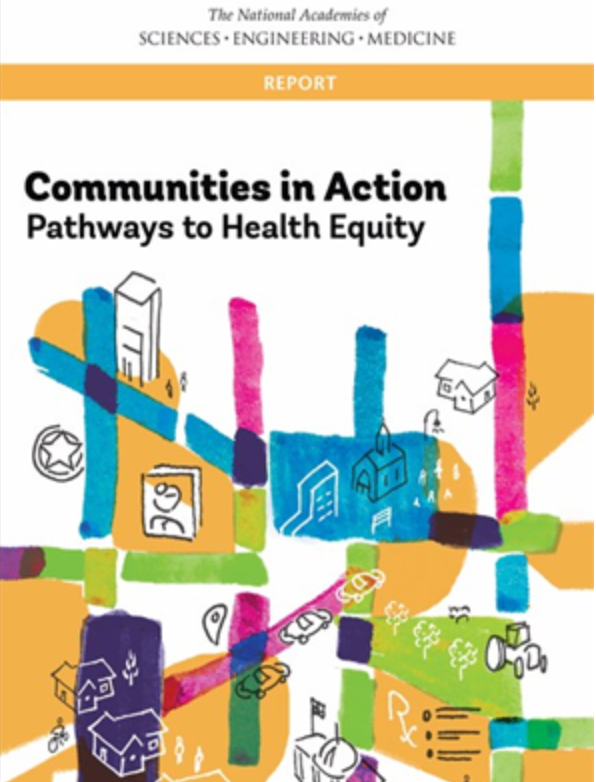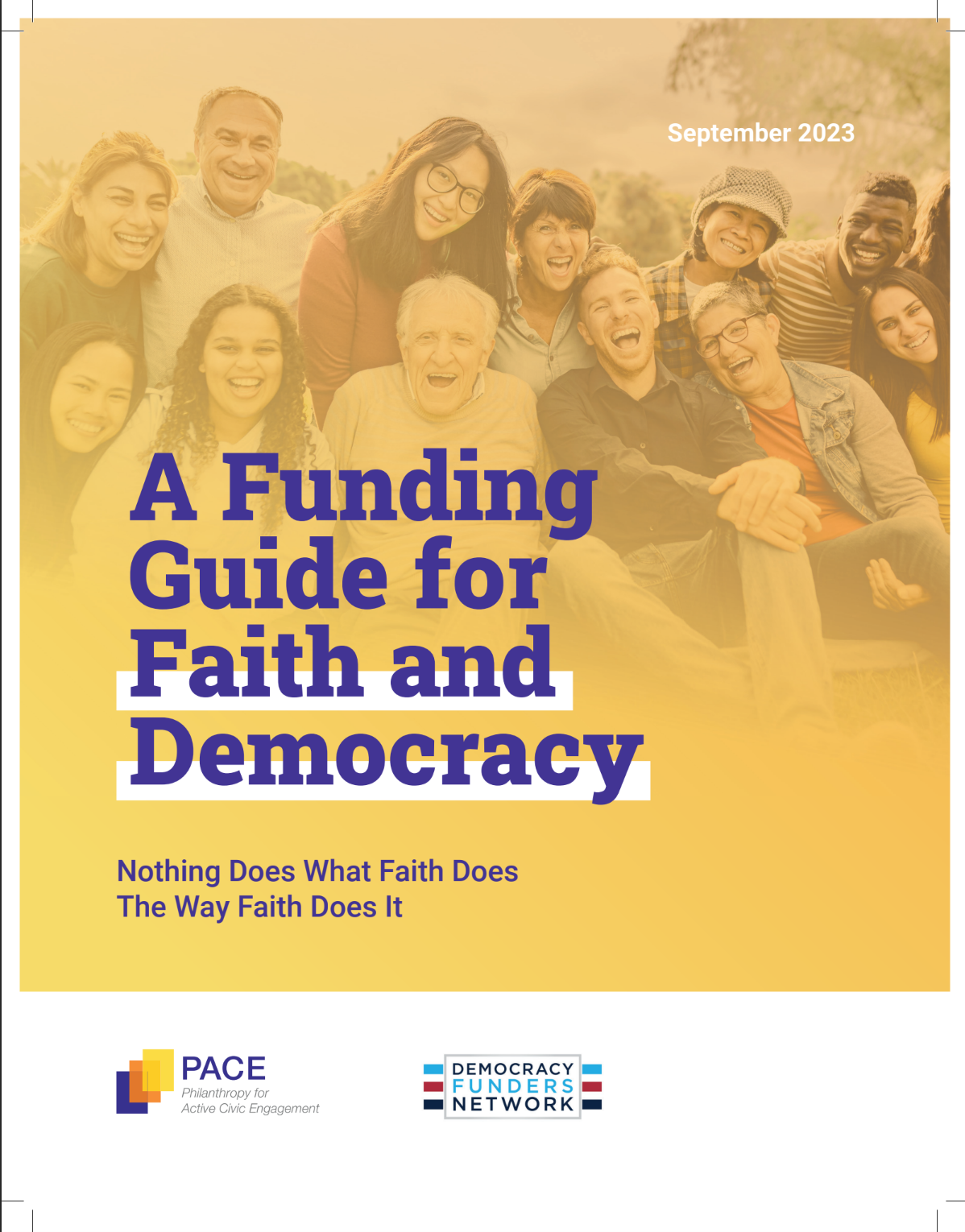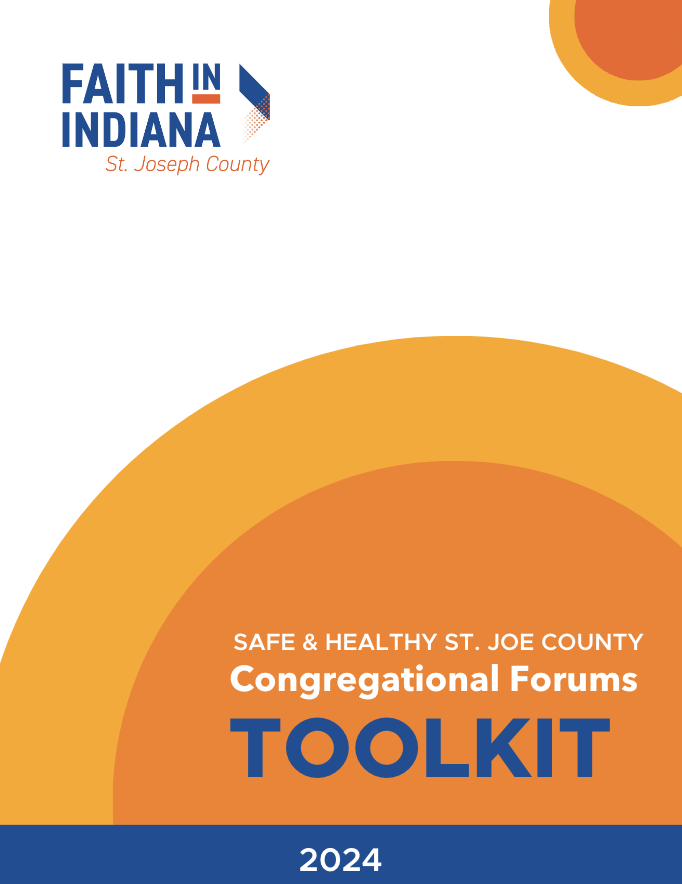Resources
Articles
Indianapolis hit record-high murder rates in recent years, breaking the all-time record in 2021 with 251 homicides, making it one of the most violent cities per capita in the United States.
Grassroots base-building helped Faith in Indiana win police accountability reforms in Indianapolis after the 2020 murder of George Floyd.
With a decade of organizing, Faith in Indiana turned that red state’s largest city towards a more preventive approach to crime.
This is an adapted excerpt from the new book Better Buses, Better Cities: How to Plan, Run, and Win the Fight for Effective Transit, by Steven Higashide, which releases this week.
In the middle of a Sunday afternoon event called "A Prayer for Citizenship" in the gymnasium of St. Monica's Catholic Church, 16 year-old Cynthia Torres approaches the microphone and faces an overflow crowd of 600 people. Congresswoman Susan Brooks sits to Torres' right. Torres begins to speak, explaining that she grew up in Indianapolis and is a student at George Washington High School. Then she pauses and takes a deep breath. "When I was 12, my mother was deported," she says.
Faced with growing violence and unemployment in their city, dozens of Indianapolis clergy gathered like a Midwestern thundercloud and coalesced into a multi-faith, interracial organization to address the scourge of poverty in their midst. The Indianapolis Congregation Action Network (IndyCAN) was established in 2011 with the mission to develop leadership, increase civic participation, and improve conditions for the most vulnerable and low-income people in Marion County, Indiana.

